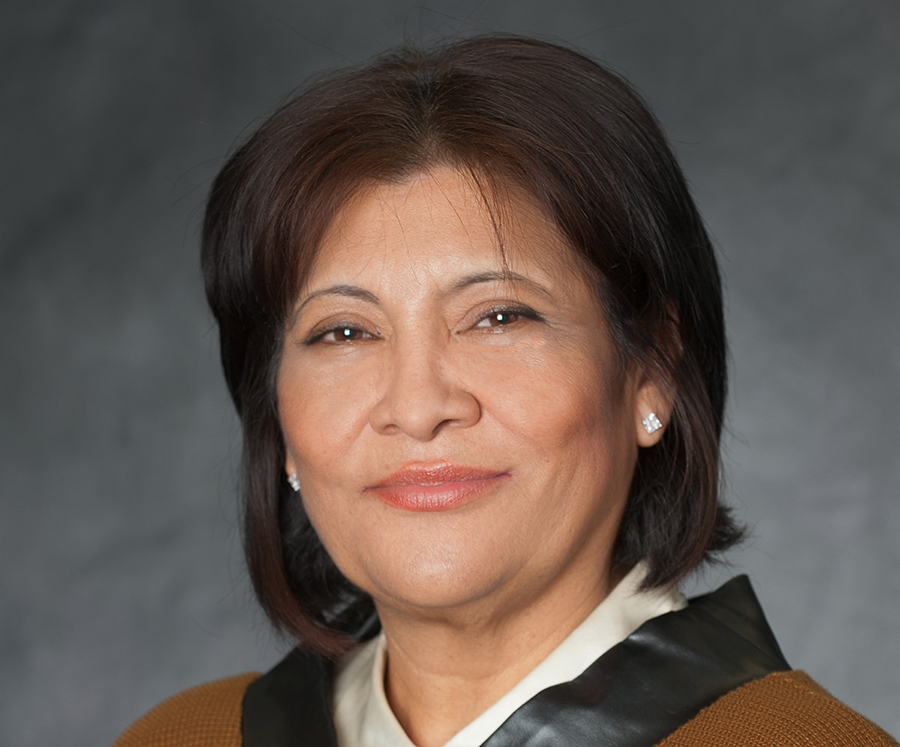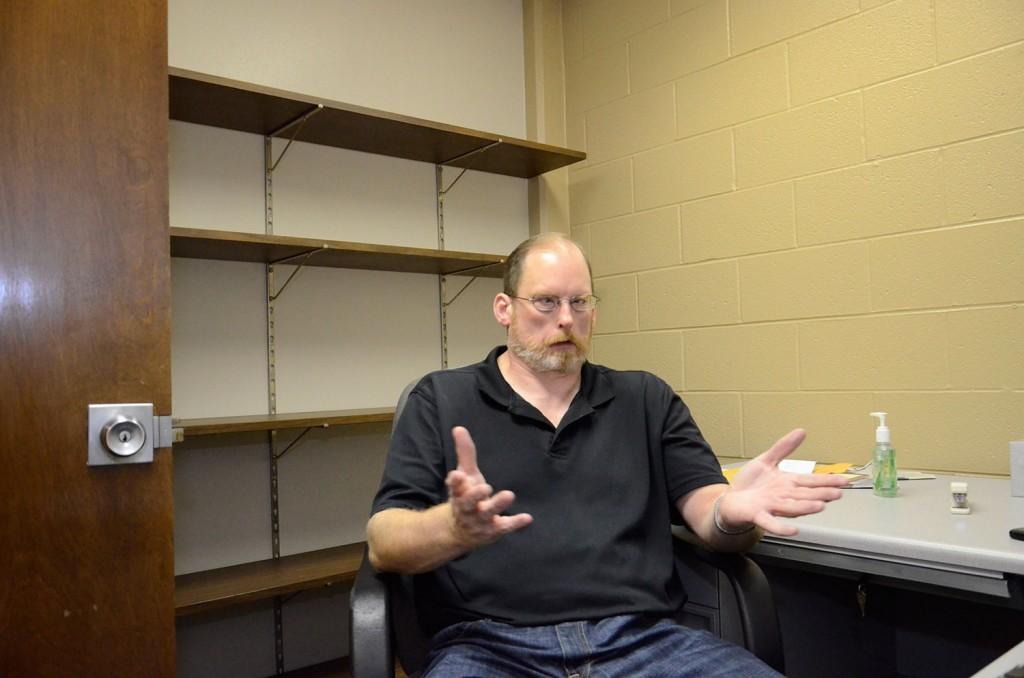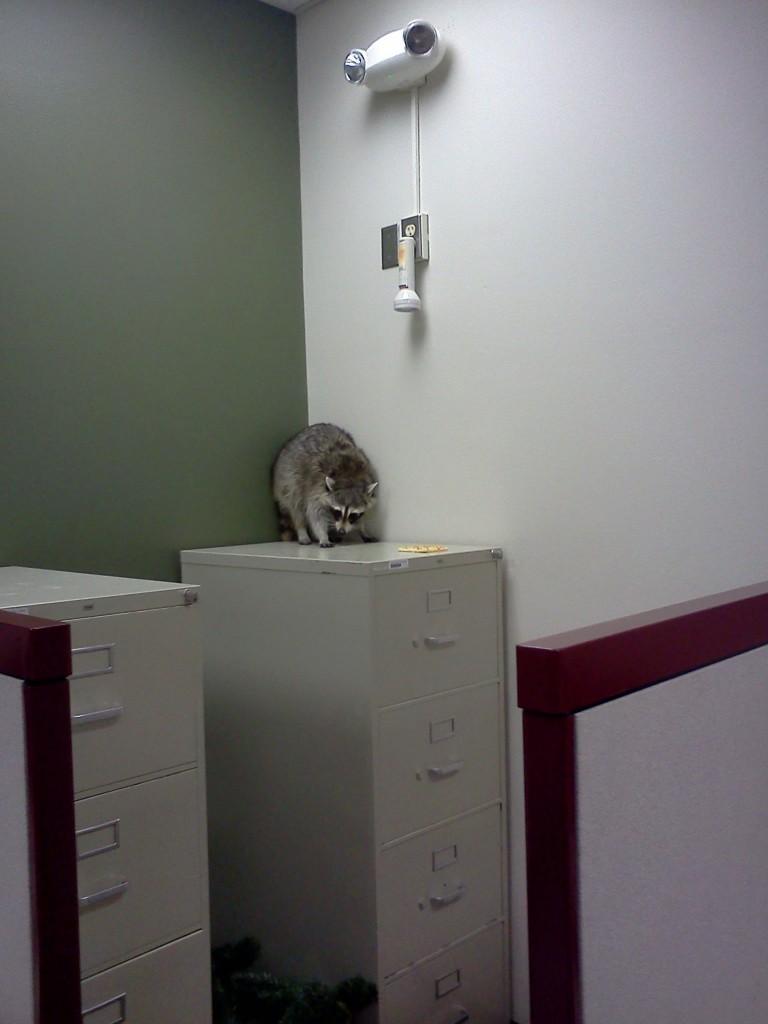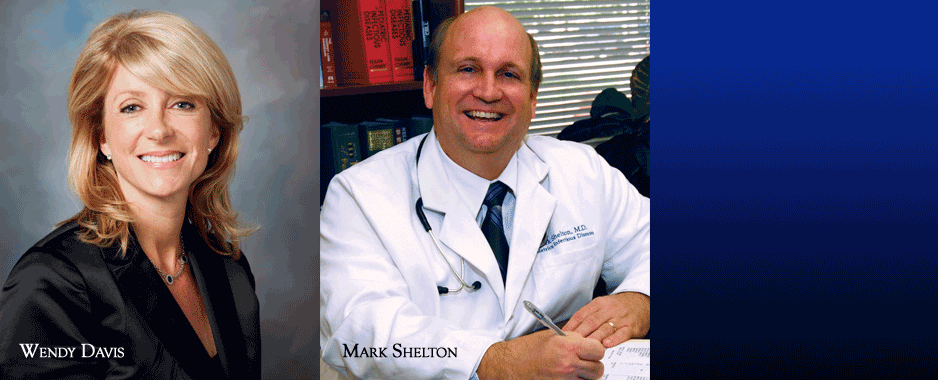By Kenney Kost/ne news editor
The mental health program on NE Campus offers a variety of applicable coursework for students looking to become licensed chemical dependency counselors or those who may want to reshape certain aspects of their lives.

David Reid/The Collegian
“I believe everyone should be counseled,” said assistant professor of mental health and mental retardation Cynthia Savage. “If you bury something, you bury it alive. These classes are similar to counseling in that they help empower aspects of students’ lives and build confidence by giving students the tools to understand how to bring some of these emotions they have buried to the surface.”
The program appeals to students who want to go beyond self-discovery and have a desire to help others. After completion of the two-year program, students will have a vast network of connections and be prepared for jobs and to take the state test to become licensed chemical dependency counselors, Savage said.
Near the end of completion, students are required to enroll in a practicum, which sends them to one of several organizations to work in the field with actual clients.
“When they leave TCC, they not only have the certificate, but they have several connections that puts them a step ahead of the game, be it from the practicum or just making the connections with classmates to use in the future,” she said. “We also help place them in internships after completion, and, more often than not, they end up getting hired by the organization they intern with.”
The field is growing rapidly, and TCC has doubled the graduation rate of the program over the last decade, said adjunct instructor Angela Shindoll.
She said more and more people seem to be coming forward with their addictions, especially those with addictions to prescription medications, so there is a need for counselors right now and in the foreseeable future.
Students learn all of the different counseling methods available so they will be fluent in all theories when they hit the job market, Shindoll said.
“It’s a great starting point for counselors,” she said. “You get a lot of experience while working toward the certificate, and a lot of students work on furthering their education while working as an LCDC, then branch out into other fields of social work.”
NE student Dennis Dapkus said he never had a desire to counsel. Dapkus owned a cabinet and fencing company and intended on furthering his education in a similar field until 2009 when he went into recovery and changed his life.
“I tore myself down and rebuilt myself through the 12-step program,” he said. “I learned so much about myself, and, through my work here at TCC, I have continued to rebuild and reshape myself while working toward my goal. I want to pass on the hope that I felt once I realized I could change and that people can, in fact, change.”
Dapkus was skeptical of people’s capacity for change and felt that he was acting out the parts of his recovery, and that any minute the acting would fade and he would be his old self again. The program brought about a major shift in consciousness, and he said it gives him something to look forward to every morning.
NE Campus student Jeff Rasbury said he had wanted to be a counselor since childhood but got sidetracked with other things in life and returned at age 30 when he heard about the NE degree program.
“I initially went to school at 18, but I suffered from major depression disorder for a few years where I didn’t even want to get out of bed,” Rasbury said. “So I spent some time prior to returning to TCC recovering from that. I think that is the main reason I was drawn back toward the mental health field. I knew what problems I went through, and it’s hard for me to imagine the person I was because I am so different now, and I want to help people achieve the same type of thing.”
Both students said the main reason they feel the program works for them and their careers is the passion that faculty have for their work.
“They are not just educators. They are counselors who have worked in the field and have real experience helping others,” Dapkus said. “They have a true passion for life and people and want nothing more than to see us become the people they know we can be.”

























